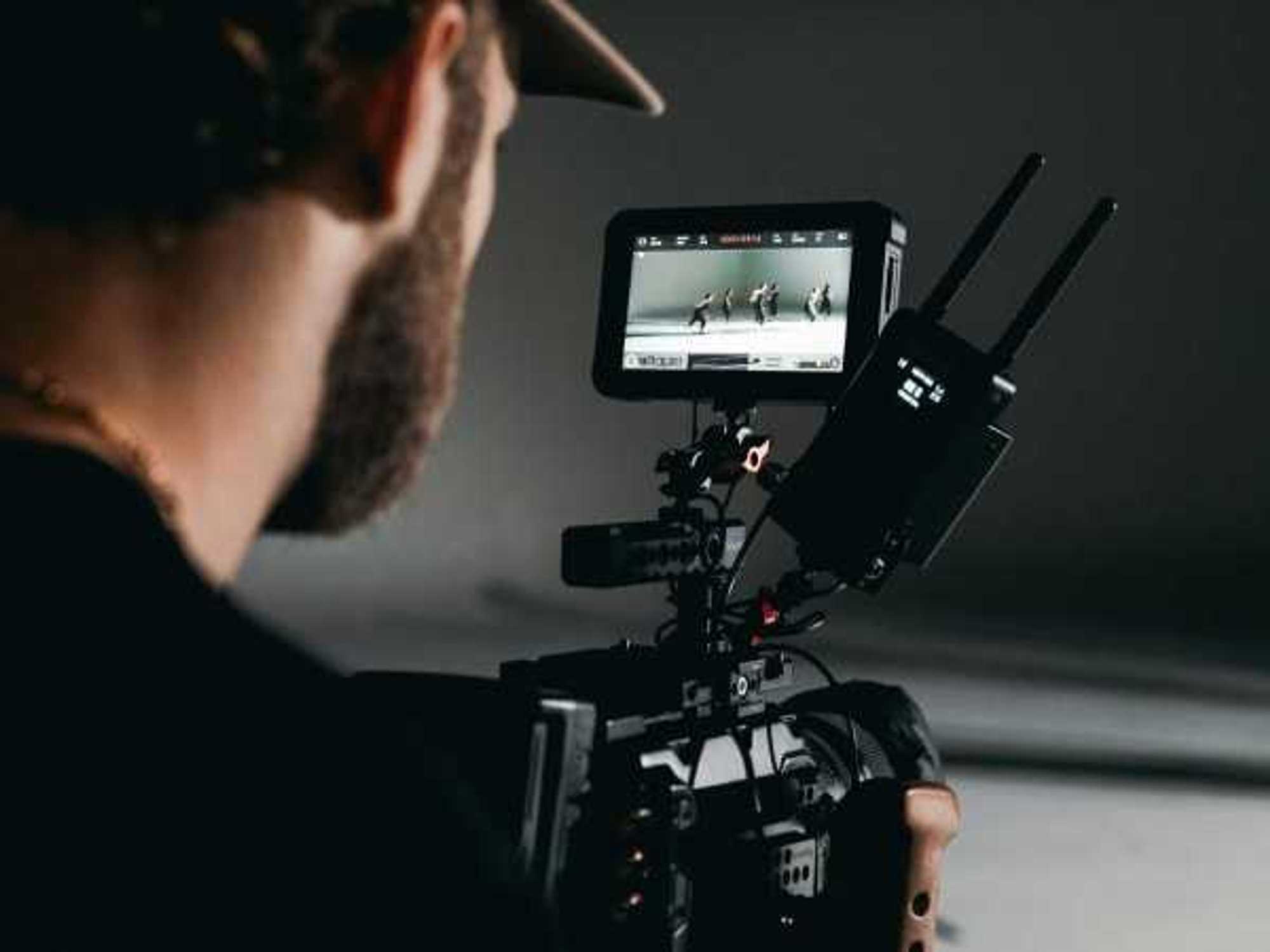A Grassroots Effort
Moving past the dead guys in wigs: Heights Orchestra turns Houston into a newmusic hotspot
 Houston Heights Orchestra's New Music Project hosts readings of new music in aneffort to nurture dialogue between musicians and composers.
Houston Heights Orchestra's New Music Project hosts readings of new music in aneffort to nurture dialogue between musicians and composers. The grassroots effort pulled in compositions from local artists as well as fromSpain, Canada, Arizona and California, ranging from massive Wagnerian-typeoeuvres to aleotoric writing to chamber works.
The grassroots effort pulled in compositions from local artists as well as fromSpain, Canada, Arizona and California, ranging from massive Wagnerian-typeoeuvres to aleotoric writing to chamber works. Houston Heights Orchestra's grand finale concert, set for 3 p.m. April 15 at AllSaints Catholic Church, includes the world premiere of Ford's Bolts of Memory
Houston Heights Orchestra's grand finale concert, set for 3 p.m. April 15 at AllSaints Catholic Church, includes the world premiere of Ford's Bolts of Memory
Everyone, music lovers or not, knows how Beethoven's Symphony No. 5 unfolds. Whether the opening is thought of as "short-short-short-long" or fate knocking at the door, which is how the composer branded the C minor four-note motif, no one questions how it goes.
That's not so apparent when it comes to music that hasn't been heard often, or at all, for both listeners, performers and composers — and there's much to be learned from the dialogue that emerges from tackling a shiny new partiture.
Houston Heights Orchestra artistic director Jaemi Blair Loeb knows this too well. The one-year-old neighborhood ensemble hasn't shied away from programming new music, but she's not stopping there.
With composer-in-residence Richard Ford, Loeb has established the New Music Project.
The initiative opens opportunities for homegrown, national and international composers to have their works read live. While composers are otherwise subjected to the synthesized sounds of their digital music notation software and accompanying sound samplers, seeing how artists in the flesh react and interpret what's on the page is invaluable.
"If you want your music to be played, the score has to be legible from the onset, " Ford explains. "When performers and conductors don't understand what they are supposed to do, frustration sets in and they move on to something more familiar.
"We all have a responsibility to share what we create, as sharing is an inherent part of creation," Ford says.
"We have more patience for Brahms because we know Brahms."
A call for scores was posted on the orchestra's website and broadcast through social media channels. The grassroots effort pulled in compositions from local artists as well as some from Spain, Canada, Arizona and California. The pieces ranged from massive Wagnerian-type oeuvres to aleatoric compositions to chamber works. Some were in progress, others had been premiered.
A Rare Chance
Bulgarian-born, Canadian-based composer Alexandra Fol, whose creations have been programmed by the Montreal Symphony Orchestra, the Sofia Symphony Orchestra and the McGill Symphony, learned about the project through LinkedIn, and after a few email exchanges with Loeb sent in her Kaléidoscope d'une bourgade de montagne and SICS [Objective] Intermezzi. The reading was videotaped and mailed back.
Although SICS [Objective] Intermezzi has been performed by the thingNY ensemble, the CYE Ensemble in Sweden and awaits the Austrian premiere by Neues Atelier and soprano Clio Montrey, she wanted to further explore how her music, which includes invented notation, was received by amateur musicians.
Smaller ensembles host readings and performances of contemporary music, she says. To do so with a larger orchestra is a more difficult endeavor.
"Orchestras feature such initiatives more seldomly because of economic constraints and elevated rental, commissioning and/or copyediting costs," Fol explains. "A semi-professional orchestra organizing such an event constitutes a rare treat for composers who, like me, wish to appeal to professional and amateur musicians alike."
"Ultimately, we are interested in composers that are interested in us," Loeb says.
For locals like Bob McCauley, the chance to lead a rehearsal in a relaxed setting offers insight into what works, what doesn't and what has the intended outcome. His Wind Sketch, an excerpt from his Shards of Colour, tested the sight reading chops of horn player Erin Schilling and clarinetist Jennifer Dennison.
"Ultimately, we are interested in composers that are interested in us," Loeb says. "We want to encourage conversation around the reading sessions so that the orchestra develops a relationship with the composer and the composer connects with the musicians."
Loeb finds Houston audiences receptive to new sounds, which hasn't been her experience in other major cities. Local presenting art groups like the River Oaks Chamber Orchestra, Musiqa, Nameless Sound and Foundation for Modern Music have set a strong precedent of moving away from tunes by dead composers wearing white wigs. Beyond that, the DJ scene is increasingly interested in contemporary music influences.
This cross pollination of genres and a lack of listening baggage morphs Houston into a new music hot spot, she says.
Houston Heights Orchestra's grand finale concert, set for 3 p.m. Sunday at All Saints Catholic Church, includes the world premiere of Ford's Bolts of Memory, which sets lines from Emily Dickinson's poetry. During rehearsals, he reshaped the way he communicated his ideas to balance the competing demands of "his perfect abstract vision" with the physical task of the musicians at hand.
"We all have a responsibility to share what we create, as sharing is an inherent part of creation, " Ford says.
"It was part of my journey as well as tonal basis for my composition."
Houston Heights Orchestra season finale concert is set for 3 p.m. Sunday at All Saints Catholic Church. Admission is free, donations will be accepted at the door. On the program: Saint-Saëns's Tarentelle for Flute, Clarinet and Orchestra with flutist Antonia Rogers and clarinetist Jennifer Dennison, Beethoven's Symphony No. 7 and Richard Ford's Bolts of Memory.
